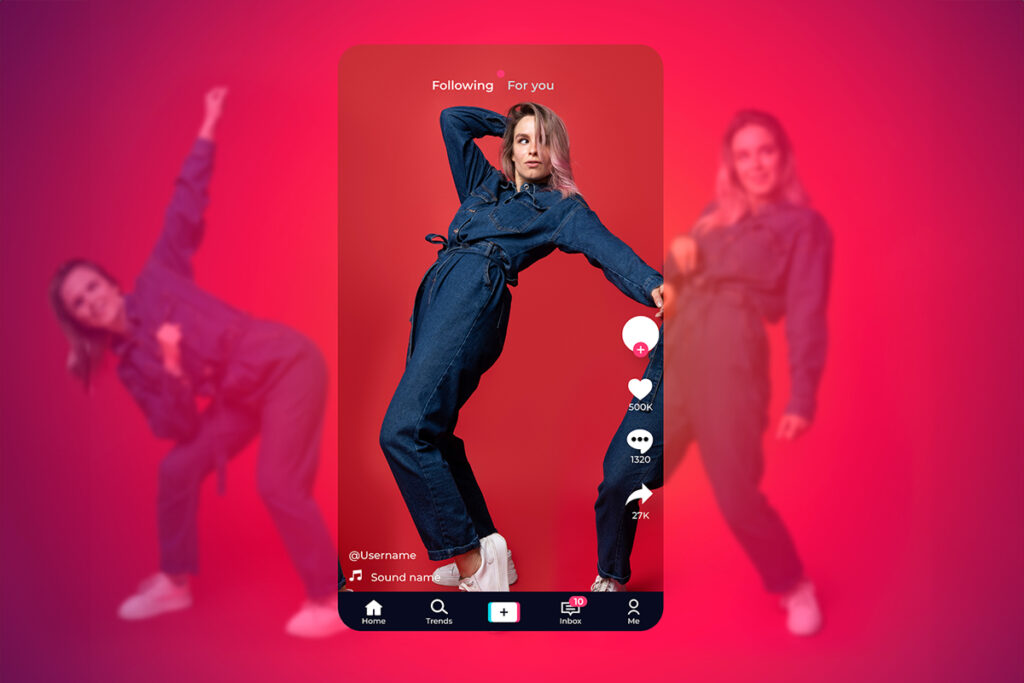In 2020, TikTok skyrocketed to fame with its short dancing and comedy clips, providing a much-needed escape for many during the onset of the COVID-19 pandemic. This short-form video platform set off a frenzy among other social media giants like Facebook, Instagram, and YouTube, prompting them to launch similar products that encouraged users to create one-minute videos for vertical scrolling feeds. TikTok’s success, especially among teens, sparked a trend, with rivals scrambling to keep up.
However, the short-form video pioneer is now changing course, challenging the very essence of its initial popularity. TikTok has decided to steer users towards creating and consuming longer videos. In a significant move, the platform officially phased out its original “Creator Fund” and introduced the “Creativity Program Beta.” Creators wishing to monetize their content will now need to produce videos longer than one minute to earn income through the app.
TikTok’s shift towards longer-form content may appear to be a reversal of fortunes, but it aligns with the more profitable content format preferred by legacy peers. Additionally, this strategy aims to keep users engaged for extended periods on an app that has already claimed a significant chunk of teenagers’ screen time.
Nevertheless, the move has not been universally well-received among TikTok creators. Many express concerns that it may dilute what initially made TikTok so appealing: the ability to swiftly consume diverse content, and the ease with which anyone could create videos without extensive planning or resources.
Nikki Apostolou, a TikTok creator with nearly 150,000 followers, known as “recycldstardust,” focuses on Native American history and culture. She stated that not every creator has a minute’s worth of content in them, and the platform’s push for longer videos may alienate those who came for short-form content.
TikTok spokesperson Zachary Kizer defended the move, stating that it was based on community feedback and aimed to enrich the TikTok experience. The platform has been steadily introducing longer video options over the past three years, expanding the time limit from one minute to three, five, and ultimately ten minutes. It is currently testing 15-minute uploads, although they are not widely available.
Under the “Creativity Program Beta,” adult creators with 10,000 or more followers can earn payments from TikTok for videos exceeding one minute that meet specific criteria. TikTok has emphasized that longer videos encourage viewers to spend more time engaging with content, building trust, and providing educational content.
Creators should also expect higher earnings per video under the new program, with some creators already reporting substantial income from their first months on the platform. TikTok’s business decision to promote longer-form content is based on its potential for increased monetization, including opportunities for pre-roll and mid-roll advertisements.
While TikTok has long been a platform where creators used short clips to attract viewers to their longer-form content on platforms like YouTube, this shift could impact those who specifically chose TikTok for its short-form format.
Aly Tabizon, a creator focusing on astrology, noted that the attention span of today’s generation is around eight to ten seconds. She expressed concerns about the new changes, stating that longer content might require more effort and resources.
Laura Riegle, another TikTok creator, highlighted that making entertaining long-form videos can be time-consuming, which can be challenging for creators with limited free time. While TikTok offers various monetization options beyond its own fund, some creators remain skeptical about their sustainability.
TikTok’s pivot towards longer videos represents a significant shift in its content strategy. While it aims to cater to a broader audience and offer creators new monetization opportunities, it also raises concerns among those who appreciate the platform’s short-form charm. The debate between short and long-form content on TikTok continues, leaving creators and users alike to adapt to these evolving trends.


